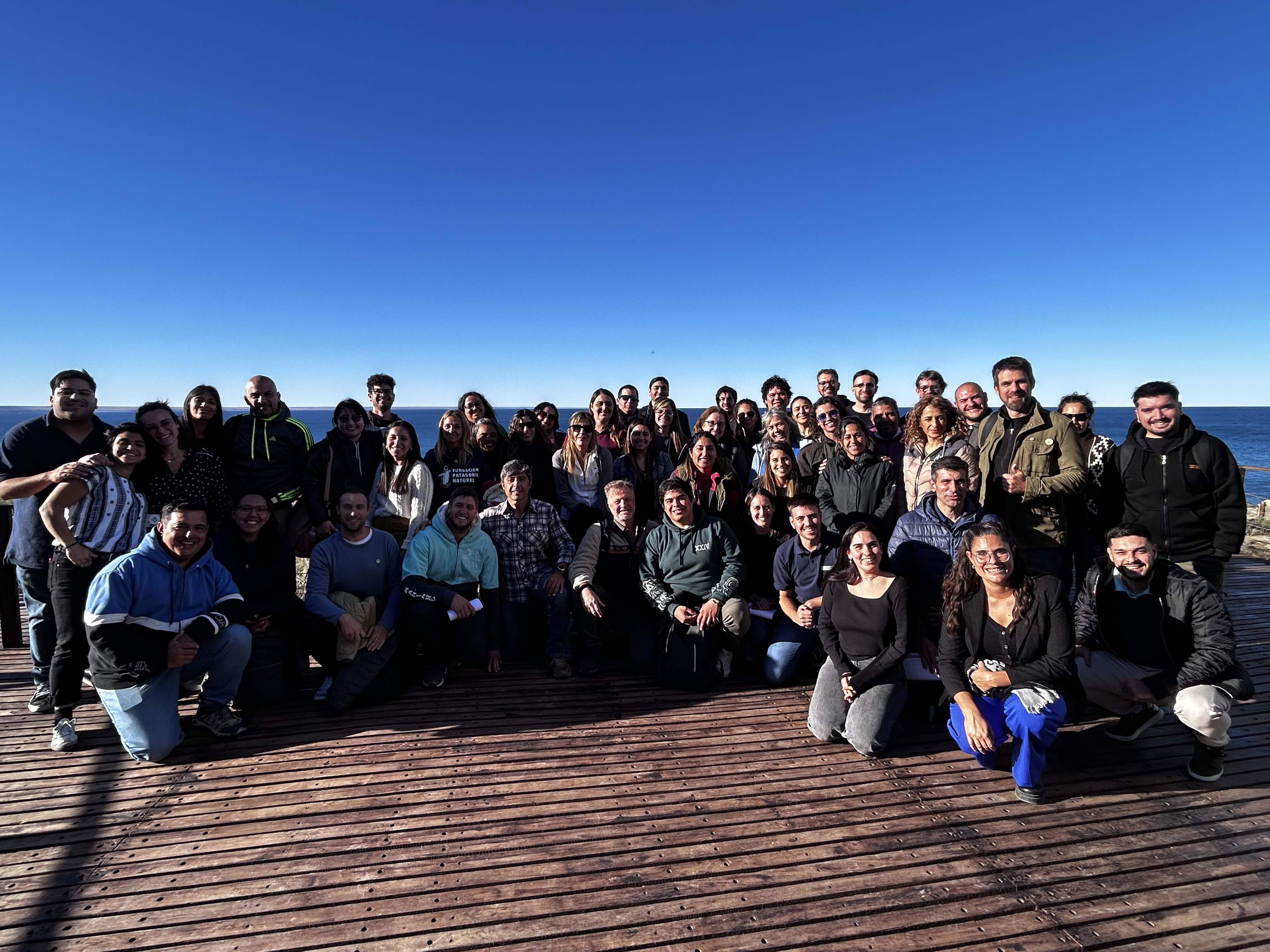More than 45 teachers from 15 schools in Chubut Province, Argentina, participated in the first training to launch our newest capacity building partnership: the YouthEnergy project.
New Article by the WISIONS Team Published in Sustainability Science
This study presents an in depth analysis of the results of a transdisciplinary research co-organized by the WISIONS team and Colombian Farmers associations. The overarching goal of the research was to strengthen the capacities and strategies that farmers associations apply to improve the economic, social, environmental and cultural dimensions of the family farms of their members. This scientific study focuses on initiatives that have advanced sustainable family farming innovations in Colombia and analyse the factors and dynamics that have led to the limited penetration of those innovations across the country.
The study found that several initiatives have experience with diverse innovative practices since several decades. Those innovations are not only of technical nature (e.g., agroecological practices and biodigesters). Novel organizational practices such as the building of own technical support staff and the establishment of self-managed revolving funds were highly valuated by the participants of the research.
However, the broader diffusion of such practices is rather marginal. Some of the difficulties found is that the network of initiatives advancing such innovations has remained more or less homogeneous and depended of funding from international cooperation organizations in order to scale up their activities.
One of the main recommendations formulated by the study is the need of building linkages to a broader range of actors dealing with sustainability issues in Colombia in general, i.e. beyond those focusing on rural development and peasant livelihoods. Examples of connections that can offer synergies are civil society organizations, social entrepreneurships and state organizations that deal with topics such as organic food value chains, water and soil protection and climate change mitigation.
The full article is available online here.
You can find more details about this transdisciplinary research and its results.


